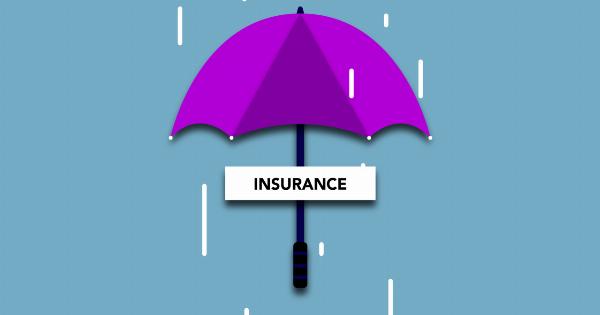Natural disasters such as hurricanes, earthquakes, floods, and wildfires can cause significant damage to your property and assets.
In order to protect yourself financially from such unforeseen events, it is crucial to have the right insurance coverage in place. This article will explore various options for securing your assets against natural disasters.
1. Homeowners Insurance
Homeowners insurance is a type of insurance policy that provides coverage for damages to your home and personal belongings caused by natural disasters such as fire, windstorms, lightning strikes, and hail.
While homeowners insurance typically includes coverage for these events, it is important to review your policy to ensure adequate protection, especially if you live in an area prone to specific types of natural disasters.
2. Flood Insurance
Standard homeowners insurance policies do not typically cover damages caused by floods. If you live in a flood-prone area, obtaining flood insurance is essential.
Flood insurance policies are available through the National Flood Insurance Program (NFIP) as well as private insurers. It is important to note that there is usually a waiting period before flood insurance coverage becomes effective, so it is wise to secure this coverage well in advance of any potential flooding threats.
3. Earthquake Insurance
Standard homeowners insurance policies also do not cover damages caused by earthquakes. If you reside in an earthquake-prone region, it is crucial to consider purchasing earthquake insurance.
This type of coverage can help repair or rebuild your home, replace personal belongings, and cover additional living expenses incurred as a result of an earthquake.
4. Fire Insurance
Another important coverage option is fire insurance. Wildfires can quickly spread and cause extensive damage to properties.
Depending on your location, you may want to consider adding fire insurance or ensuring that your homeowners insurance policy includes coverage for fire-related damages. This can provide you with peace of mind knowing that your assets are protected in case of a wildfire.
5. Business Interruption Insurance
For individuals who own businesses or rental properties, business interruption insurance can be a valuable coverage option.
This insurance helps compensate for lost income and covers ongoing expenses if your business or rental property becomes uninhabitable or inoperable due to a natural disaster. It is important to consult with an insurance professional to evaluate your specific needs and determine the appropriate coverage.
6. Evacuation and Temporary Housing Coverage
In the event of a natural disaster, it may become necessary to evacuate your property temporarily. Some insurance policies offer coverage for evacuation and temporary housing expenses.
This can help cover the costs of accommodations, meals, and transportation while you are unable to access your home or property due to the disaster.
7. Contents Insurance
In addition to insuring your property, it is equally important to protect your valuables and personal belongings. Contents insurance can provide coverage for items such as furniture, appliances, electronics, and jewelry.
Make sure to have an accurate inventory of your belongings and consider adding additional coverage for high-value items, as the standard policy limits may not be sufficient.
8. Umbrella Insurance
Umbrella insurance is a type of liability insurance that provides additional coverage beyond the limits of your other policies.
It can help protect your assets in the event of a lawsuit resulting from property damage or bodily injury caused by a natural disaster. Umbrella insurance is particularly important if you have significant assets that could be at risk in a liability claim.
9. Review and Update Your Coverage Regularly
As your assets and circumstances change over time, it is crucial to review and update your insurance coverage accordingly. Ensure that you are adequately covered for the current value of your assets and any changes in your location or risk profile.
Consult with an insurance professional to assess your needs and make appropriate adjustments to your coverage.
10. Mitigate Risks Through Precautionary Measures
In addition to obtaining the right insurance coverage, it is important to take precautionary measures to mitigate risks associated with natural disasters.
This may include reinforcing your property against potential damages, installing fire and smoke alarms, clearing vegetation around your property, and following evacuation protocols in case of emergencies.
Conclusion
Securing your assets against natural disasters is crucial to protect your financial well-being. By having the appropriate insurance coverage in place and taking precautionary measures, you can mitigate the potential consequences of natural disasters.
Remember to review and update your coverage regularly to ensure that it aligns with your assets and changing circumstances. Consult with an insurance professional to assess your specific needs and determine the best coverage options for securing your assets.























